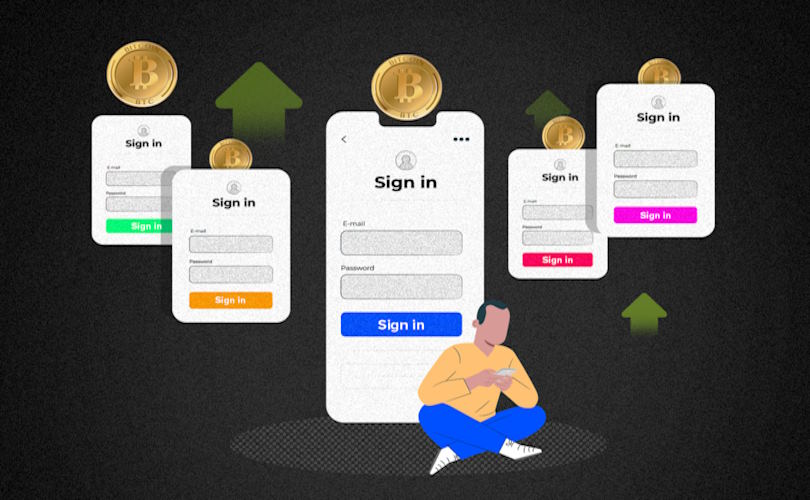Cryptocurrencies have ushered in a revolutionary era of decentralized finance, providing individuals with unprecedented control over their financial assets. As the popularity of digital currencies continues to soar, the significance of secure and reliable cryptocurrency exchanges cannot be overstated. The decentralized nature of these digital assets inherently places a premium on the security measures implemented by exchanges, as users entrust these platforms with their funds and sensitive information.
Key Security Concerns in Cryptocurrency Exchanges
Cryptocurrency exchanges, the linchpin of digital asset transactions, face a myriad of security challenges that demand constant vigilance. One of the most prevalent threats is hacking and cyber attacks, a persistent danger that has punctuated the cryptocurrency landscape with high-profile incidents. Notable examples include the infamous Mt. Gox hack in 2014, where millions of dollars’ worth of Bitcoin were stolen, and the more recent attack on the KuCoin exchange in 2020. These historical incidents underscore the vulnerability of centralized exchanges to sophisticated hacking techniques, emphasizing the pressing need for robust security measures.

In addition to external threats, cryptocurrency exchanges must grapple with insider risks, where employees with access to sensitive information become potential vulnerabilities. Instances of internal security breaches, though less frequent, have had significant consequences. The case of an employee at a major exchange exploiting their position to compromise user data exemplifies the potential risks associated with insider threats, necessitating stringent internal controls.
Furthermore, regulatory compliance stands as a critical concern in the cryptocurrency exchange landscape. Adhering to evolving regulatory standards is imperative for these platforms to maintain credibility and protect user interests. Non-compliance can lead to severe consequences, including legal actions, fines, and reputational damage. As governments worldwide establish frameworks to govern the burgeoning cryptocurrency space, exchanges must navigate the complex regulatory landscape to ensure both their sustainability and the security of their users’ assets.
Exchange Reputation and Track Record
The track record of a cryptocurrency exchange is an essential factor in evaluating its reliability and security. Past security incidents play a pivotal role in assessing an exchange’s ability to safeguard user assets. A critical analysis of how exchanges handled security breaches provides insights into their transparency, responsiveness, and commitment to user protection. Exchanges that promptly address and transparently communicate about security breaches tend to instill more confidence in their user base.

The impact of security incidents on user trust and exchange reputation cannot be overstated. Users, rightfully concerned about the safety of their digital assets, closely monitor how exchanges respond to and recover from security breaches. Instances where exchanges effectively address security challenges contribute positively to their reputation, while mishandling such situations can lead to a loss of user trust and a tarnished image in the cryptocurrency community.
User feedback and reviews serve as valuable indicators of an exchange’s performance and security measures. Real-life experiences shared by users play a crucial role in assessing the overall satisfaction and security provided by an exchange. Popular online forums and platforms, such as Reddit, Bitcointalk, and Trustpilot, serve as digital arenas where users share their experiences and provide a collective voice that influences the perception of an exchange’s security standing. Being attentive to user feedback is integral for investors and traders looking to make informed decisions in the ever-evolving landscape of cryptocurrency exchanges.










































